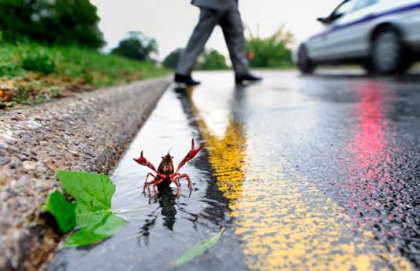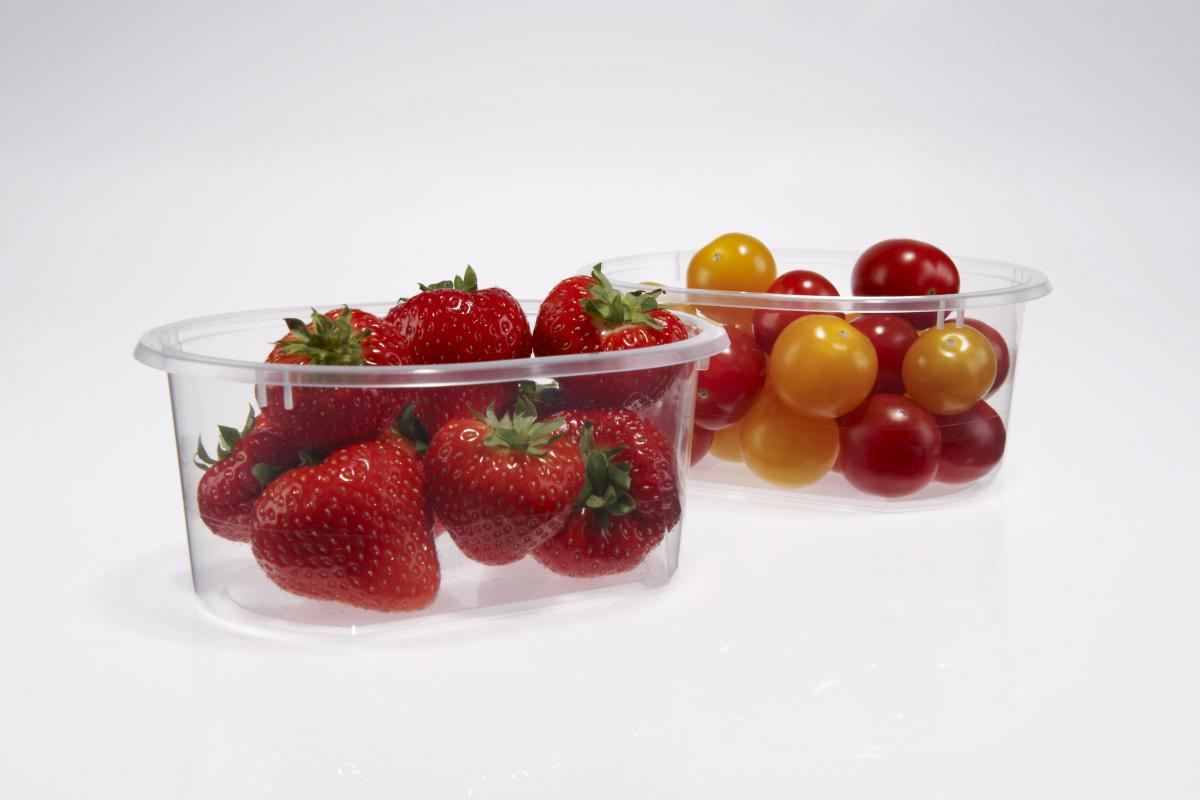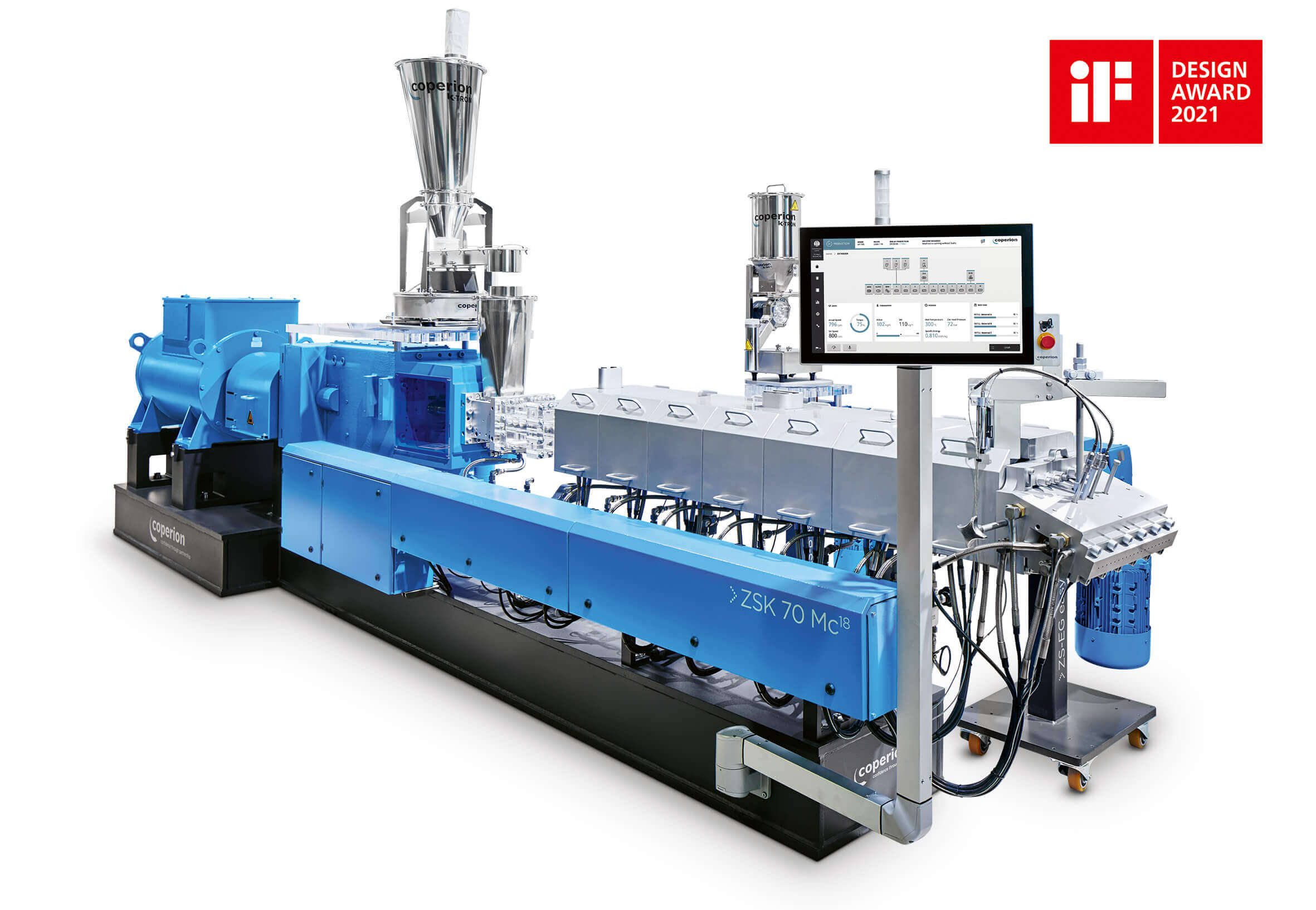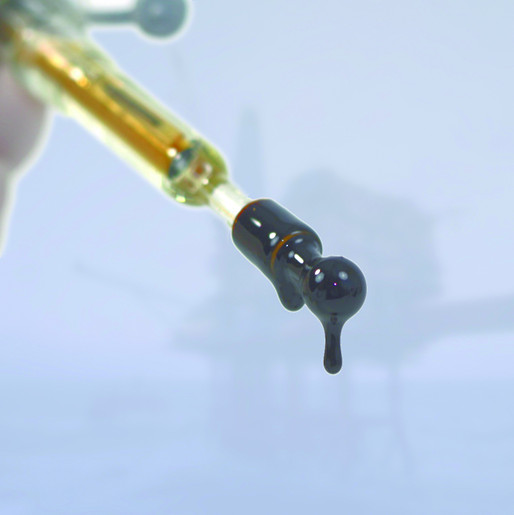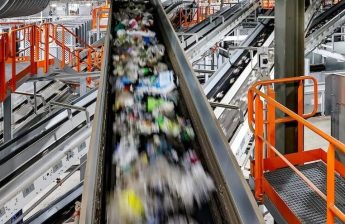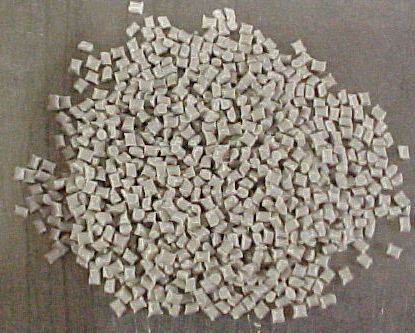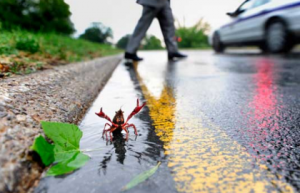
A new biodegradable material made from shrimp and crab shells that can replace petroleum-based plastics used in auto components helped University of Toronto student Aaron Guan win the AUTO21 TestDRIVE competition.
The Master of science student has been awarded a $10,000 scholarship for his innovative work on recyclable, lightweight polymeric nanocomposites. Shrimp and crab shell fibres, called chitin nanowhiskers, form the base of this new material, which might just help auto components meet strict environmental standards without compromising vehicle safety.
For the uninitiated, nanoscale dispersion of filler or controlled nanostructures in the composite of a material matrix can introduce new physical properties and novel behaviours that are absent in the unfilled matrices, effectively changing the nature of the original matrix. For plastics, appropriately adding nanoparticulates to a polymer matrix can enhance its performance, often in very dramatic degree, by simply capitalizing on the nature and properties of the nanoscale filler. It’s a strategy that’s particularly effective in yielding high performance composites, when good dispersion of the filler is achieved and the properties of the nanoscale filler are substantially different or better than those of the matrix – for example, reinforcing a polymer matrix by much stiffer nanoparticles.
Seafood shells probably don’t leap to mind when most of us think of stiff nanoparticles, but as Guan explained, the shells’ chitin nanowhiskers fibres actually have a much higher mechanical strength than conventional plastics found in auto parts, and can provide higher mechanical strength without aesthetic flaws or deformation at lower densities.
According to Guan, the mechanical properties of the plastic could be easily engineered to suit various strength, stiffness and weight requirements, simply by varying the combination of chitin nanowhisker and polymer content. The seafood-based product is completely renewable and sustainable, as chitin nanowhiskers are derived from fishing industry waste. “And since the shells are already going to waste, it’s a great way to make use of something that would normally be thrown away,” he added.
The AUTO21 TestDRIVE competition showcases leading-edge technologies and automotive knowledge developed in part by Canadian university graduate students. As Canada’s automotive research program, AUTO21 provides funding to 38 applied research and development projects at 46 universities across the country. Since its establishment in 2001, AUTO21 has supported more than 1,600 graduate student researchers with federal and private-sector funding.
Source : www.canplastics.com

